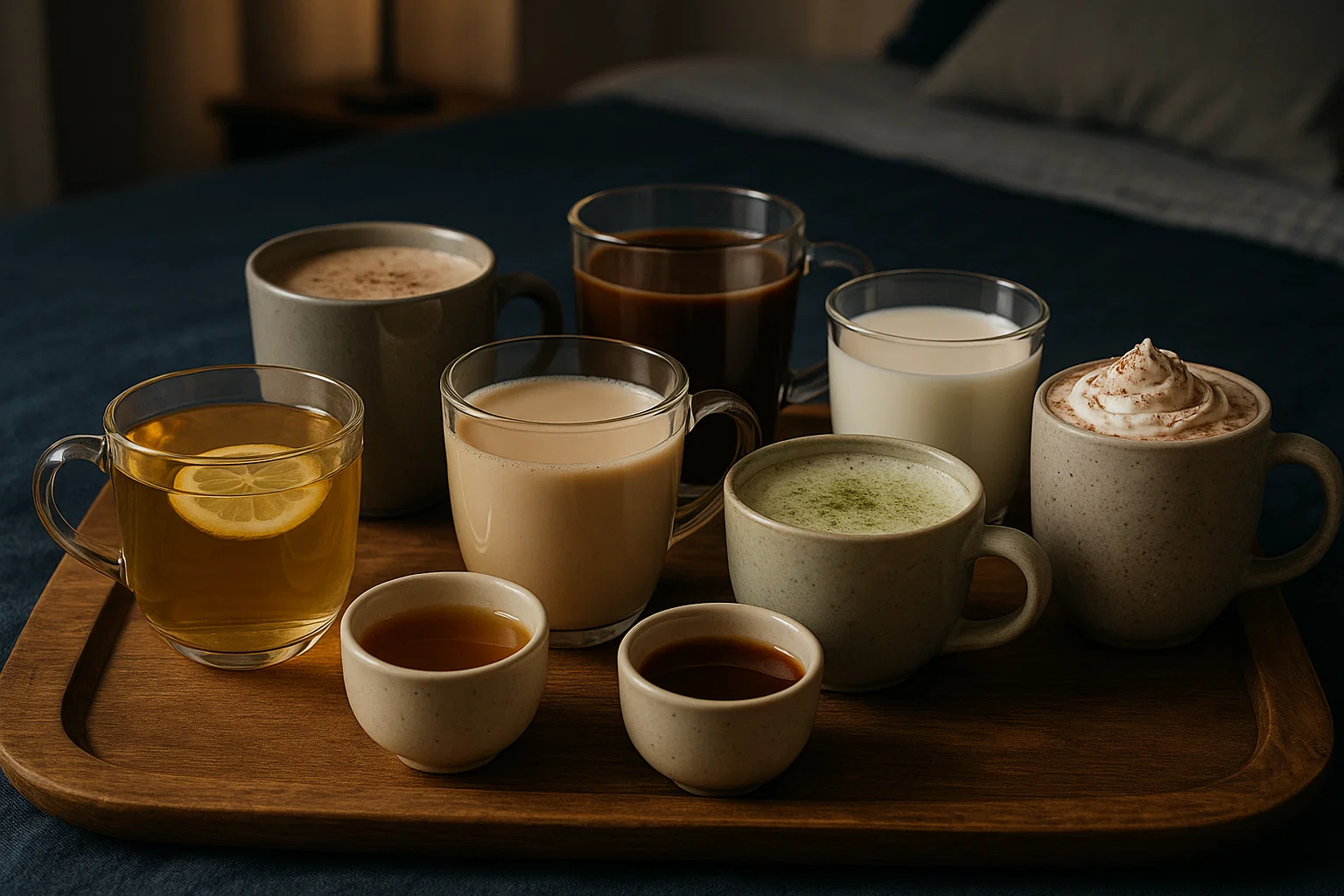
Getting a restful night’s sleep is essential for overall health, mental well-being, and daytime performance. While various lifestyle habits and sleep hygiene practices contribute to good sleep, your diet—including what you drink before bed—can play a significant role. Specific beverages contain natural compounds known to support relaxation and help initiate sleep.
In this article, we explore eight science-backed bedtime drinks that help you sleep at night, along with insights into the foods that help you sleep and the role of vitamin gummies in promoting restful slumber.
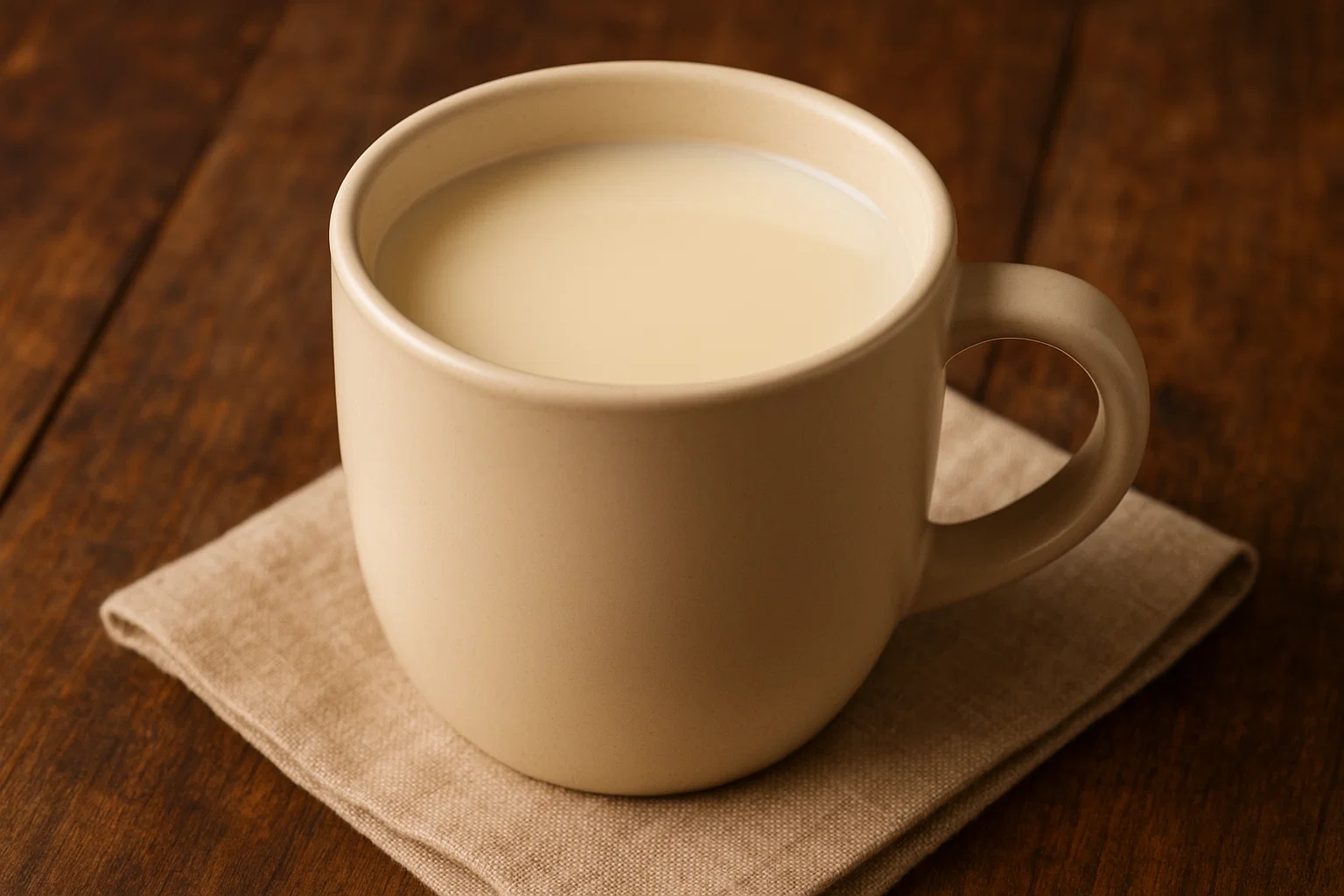
Warm milk has long been a traditional remedy for sleeplessness, and for good reason. It contains tryptophan, an amino acid that the body uses to produce serotonin and melatonin—two neurochemicals essential for regulating sleep. Scientific Insight: Studies show that tryptophan supplementation can improve sleep latency and sleep quality. Additionally, the psychological comfort associated with drinking warm milk may reinforce sleep-promoting behaviors.
Best Time to Drink: 30 to 60 minutes before bedtime.
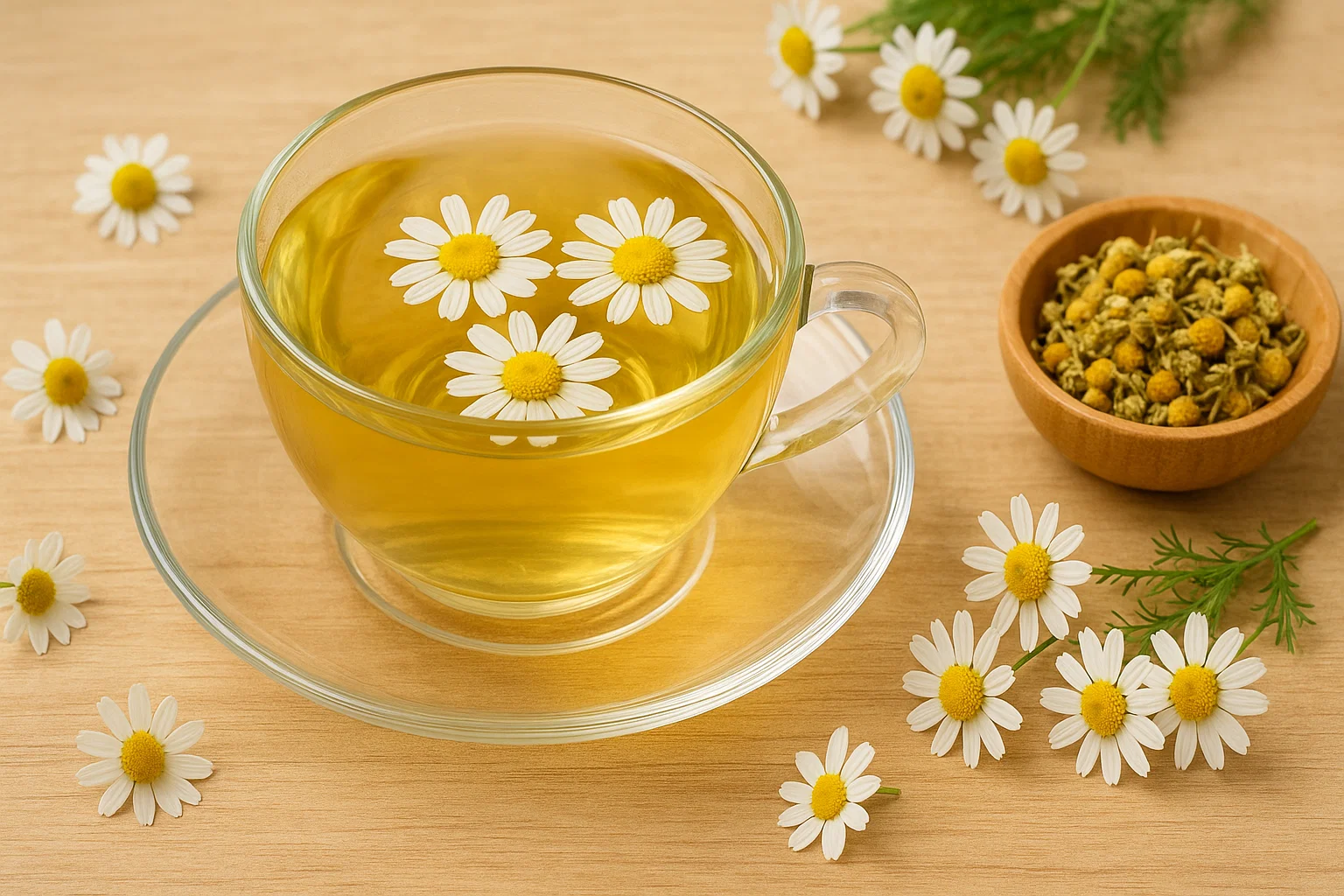
Chamomile tea is one of the most widely used herbal infusions for relaxation and sleep. It contains apigenin, a flavonoid that binds to benzodiazepine receptors in the brain, producing a mild sedative effect. Scientific Insight: Research has demonstrated that chamomile extract can significantly improve sleep quality and reduce symptoms of generalized anxiety disorder, both of which affect sleep duration and depth.
Best Time to Drink: About 30 minutes before going to bed.
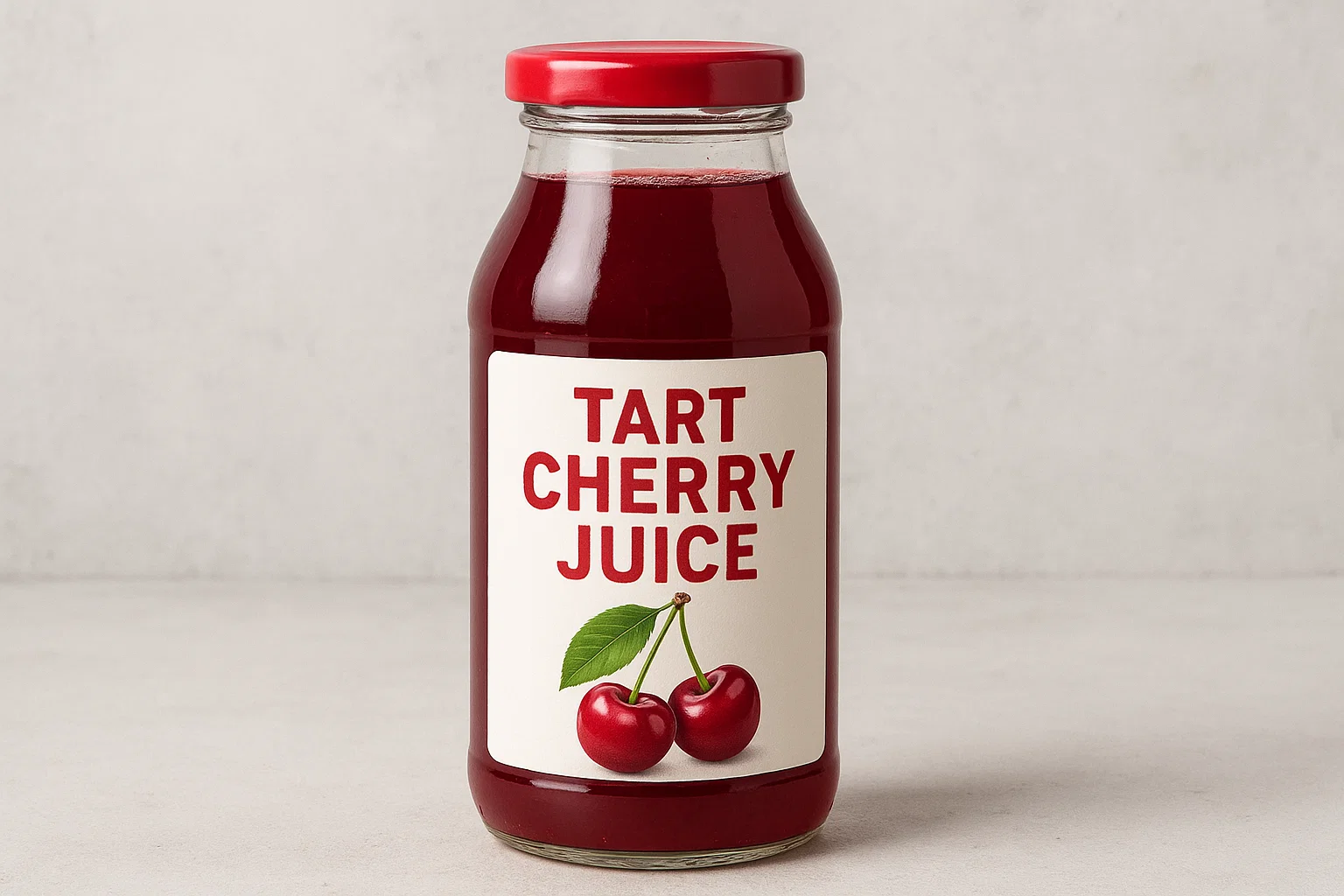
Tart cherries are a natural source of melatonin, the hormone responsible for regulating the sleep-wake cycle. Tart cherry juice may help extend sleep duration and improve sleep efficiency. Scientific Insight: A study published in the American Journal of Therapeutics found that adults with insomnia who consumed tart cherry juice experienced improved sleep time and efficiency compared to a placebo group.
Best Time to Drink: Morning and evening doses may be most effective, but a single glass in the evening can still be beneficial.
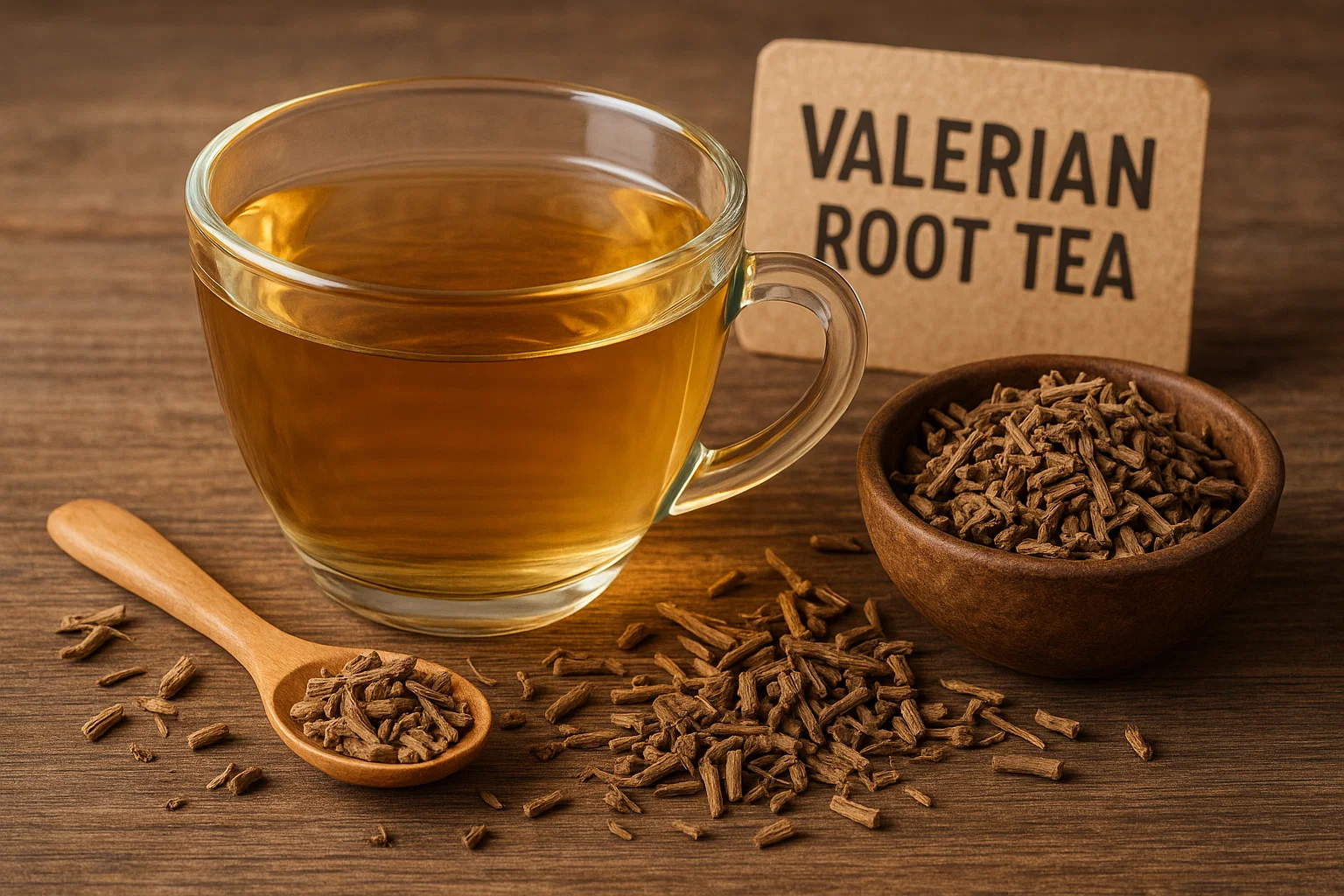
Valerian root is an herbal remedy traditionally used to treat insomnia and anxiety. Its mechanism of action involves increasing GABA (gamma-aminobutyric acid) levels in the brain, which promotes relaxation. Scientific Insight:While more research is needed for definitive conclusions, multiple clinical trials suggest that valerian root can reduce the time it takes to fall asleep and improve overall sleep quality.
Best Time to Drink: 1 hour before bedtime for optimal effectiveness.
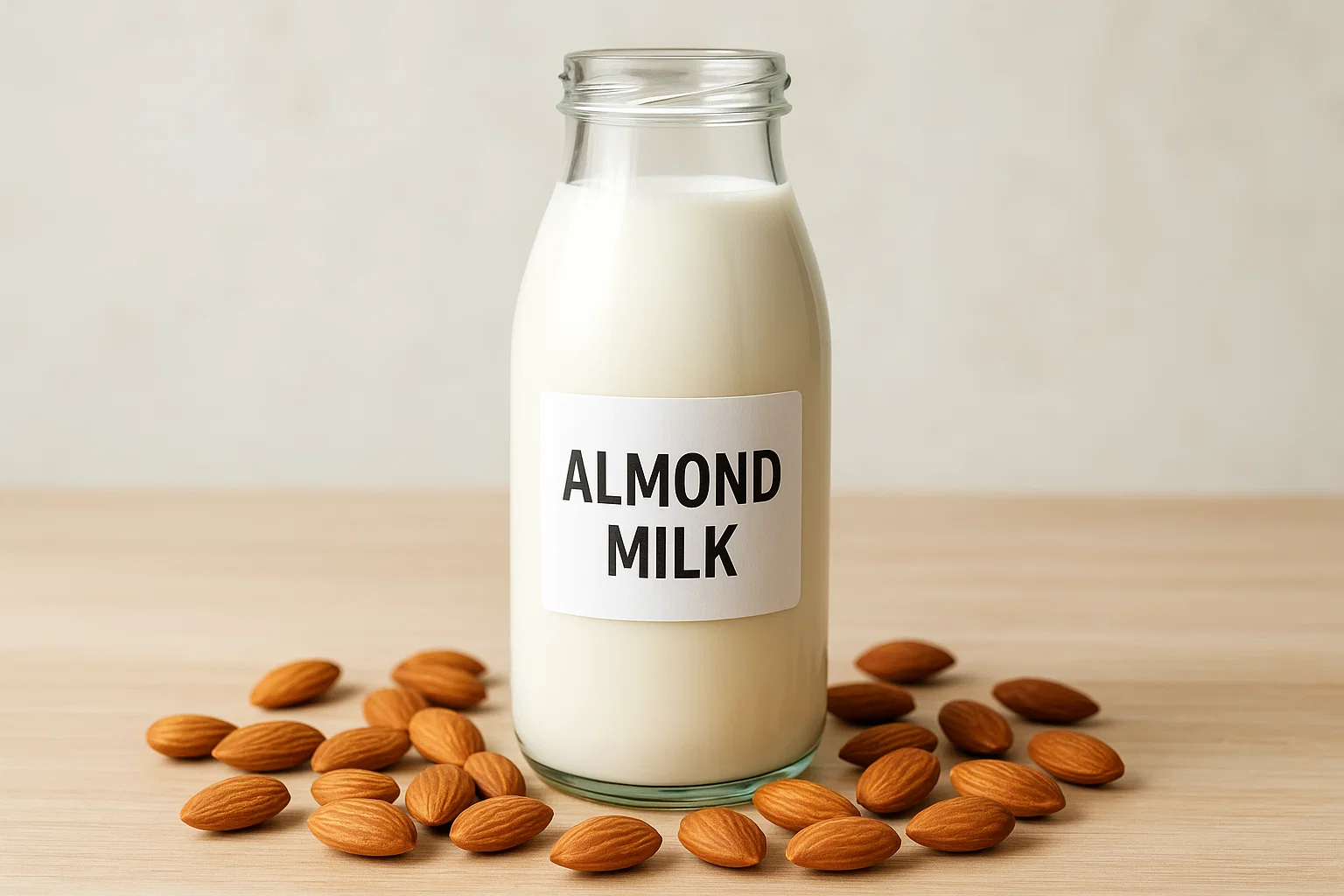
Almond milk is rich in magnesium and calcium, two minerals involved in sleep regulation. Magnesium helps reduce inflammation and lower cortisol levels, while calcium helps the brain use tryptophan to produce melatonin. Scientific Insight: A magnesium deficiency is associated with poor sleep and insomnia. Supplementing with magnesium has been shown to improve sleep quality in older adults.
Best Time to Drink: About an hour before going to bed.
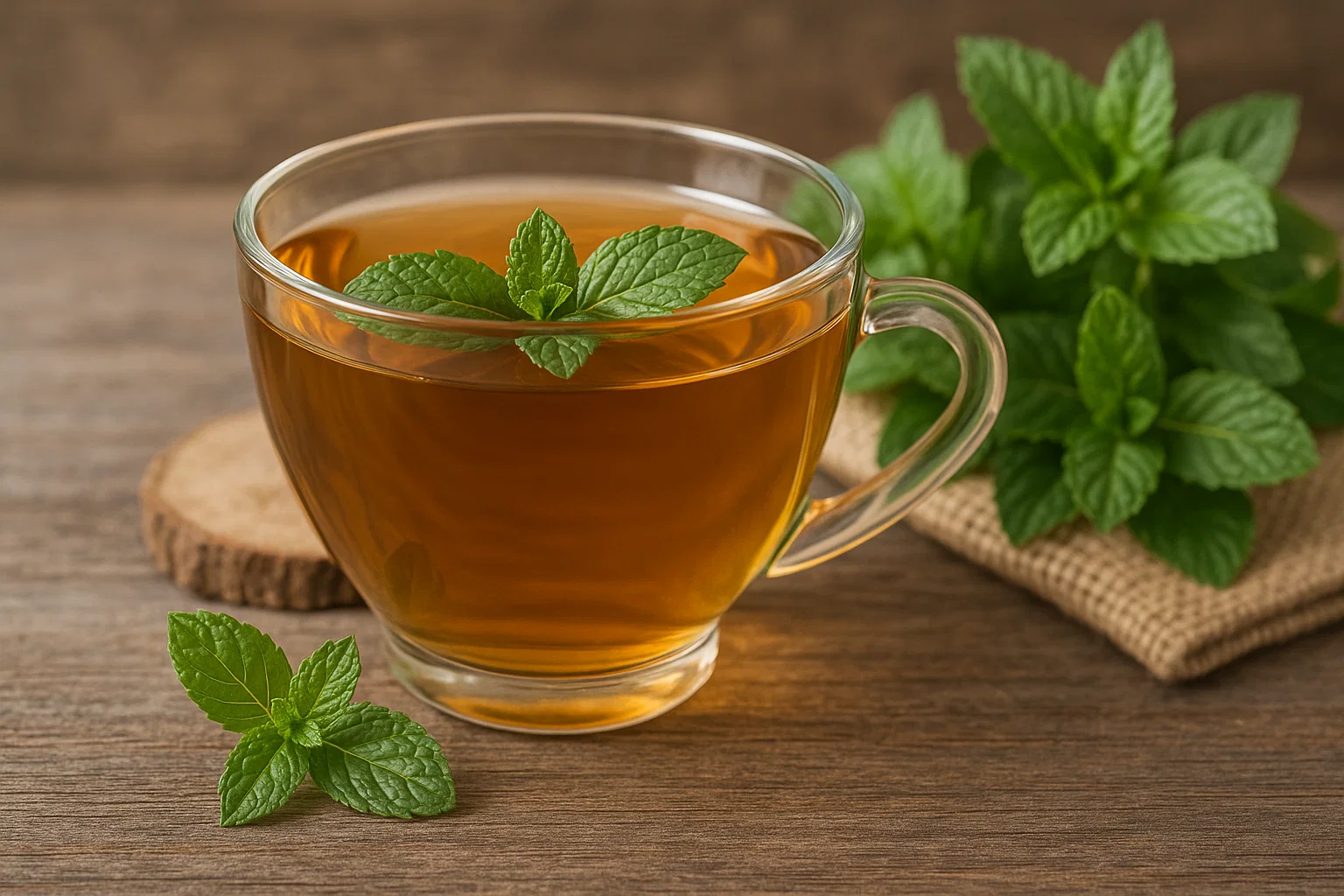
Almond milk is rich in magnesium and calcium, two minerals involved in sleep regulation. Magnesium helps reduce inflammation and lower cortisol levels, while calcium helps the brain use tryptophan to produce melatonin. Scientific Insight: A magnesium deficiency is associated with poor sleep and insomnia. Supplementing with magnesium has been shown to improve sleep quality in older adults.
Best Time to Drink: About an hour before going to bed.
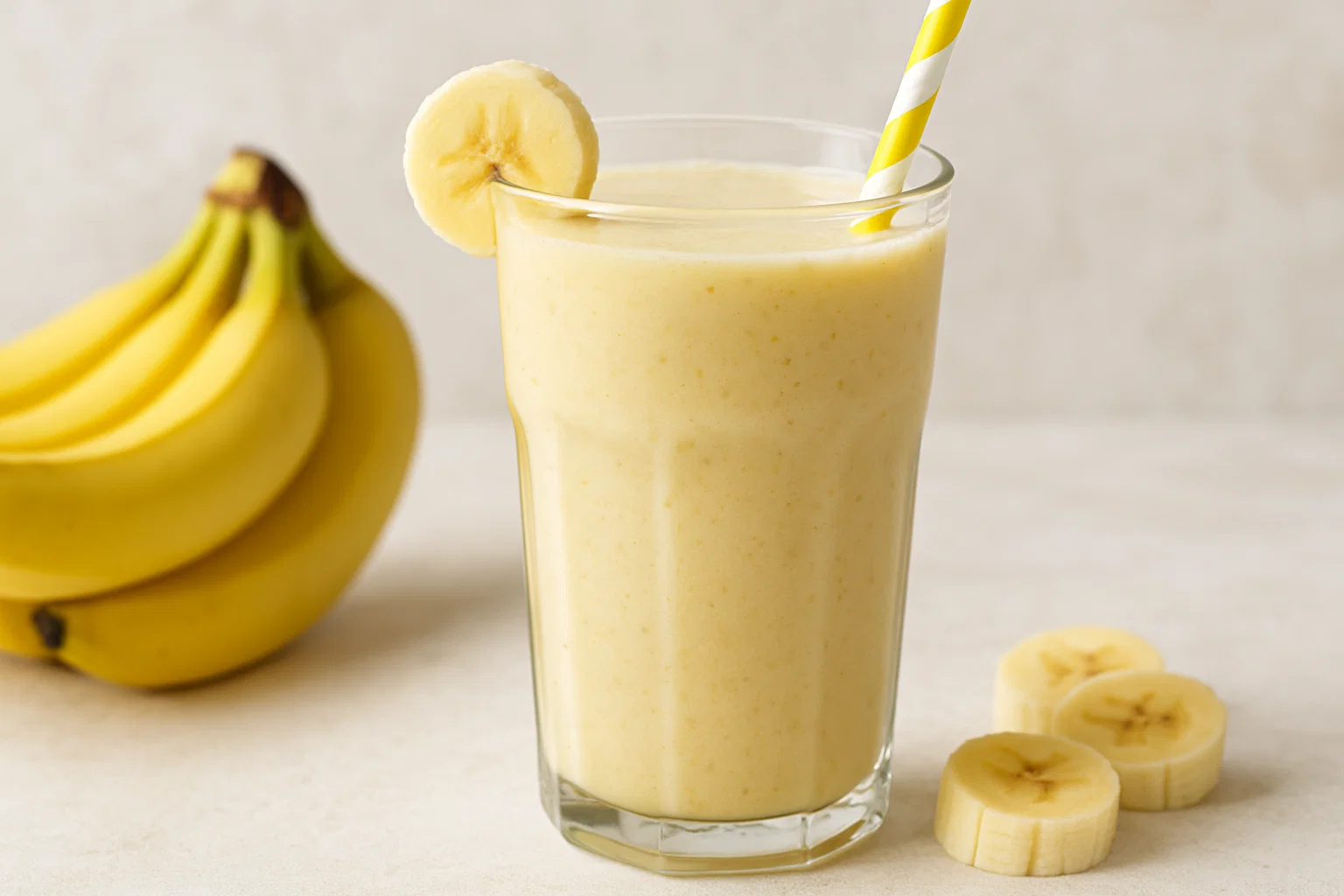
A banana smoothie made with low-fat milk or almond milk provides a combination of magnesium, potassium, and tryptophan—all key nutrients in promoting sleep. Scientific Insight: Potassium helps relax muscles and nerves, reducing nighttime cramps and interruptions. The carbohydrate content in bananas may also help tryptophan reach the brain more effectively.
Best Time to Drink: 1 hour before sleep.
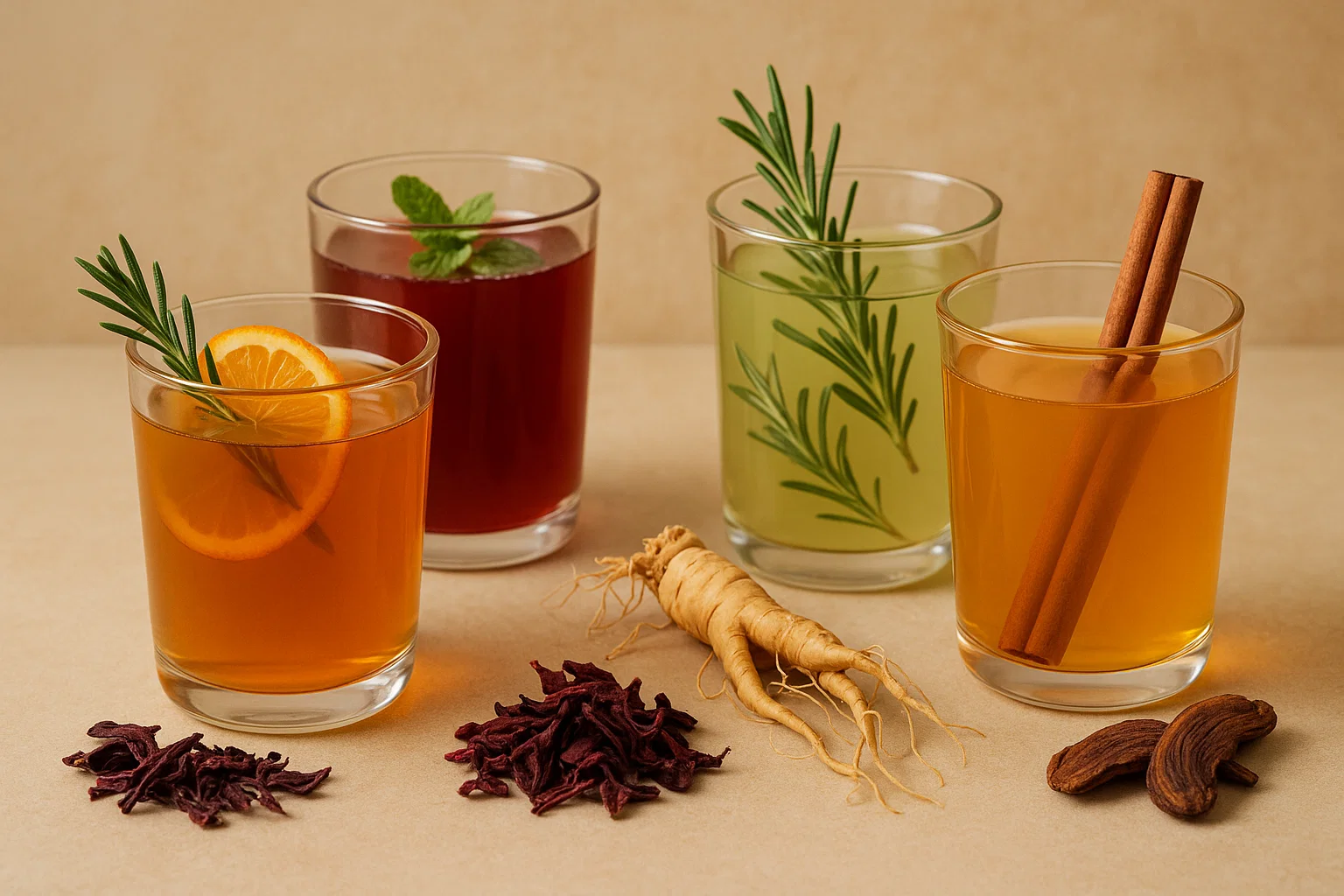
Many sleep-supporting herbal teas contain a mix of herbs and adaptogens such as ashwagandha, lemon balm, and lavender. These botanicals are thought to help the body manage stress and promote a relaxed state conducive to sleep.
Scientific Insight: Ashwagandha has been shown to improve sleep quality in people with insomnia and stress-related conditions. Lavender can reduce heart rate and blood pressure, fostering a calming effect.
Best Time to Drink: 30 to 60 minutes before bed.
In addition to bedtime drinks, both your food choices and supplemental intake can significantly impact your sleep quality. Foods rich in tryptophan, magnesium, melatonin, and calcium—such as turkey, nuts, dairy, and leafy greens—can naturally support your body’s sleep processes. When consumed as part of an evening meal, these foods help set the stage for relaxation and rest.
Vitamin gummies also offer a convenient and effective way to reinforce these nutritional benefits. Many formulations contain melatonin to help regulate the sleep-wake cycle, magnesium to ease muscle tension, vitamin B6 to support serotonin synthesis, and L-theanine to encourage calmness without sedation. Used alongside a healthy diet and sleep hygiene, these supplements can be a helpful tool in promoting consistent, restful sleep.
Tart cherry juice and chamomile tea are among the best drinks for sleep. Tart cherry juice is rich in melatonin, while chamomile tea contains apigenin, which has calming properties.
Consistent sleep hygiene, reduced screen time before bed, natural supplements like melatonin or magnesium, and sleep-friendly drinks can all significantly improve sleep.
Fast-acting options include warm milk (due to tryptophan), valerian root tea, and vitamin gummies with melatonin. Cognitive behavioral strategies and relaxation techniques also help.
Try drinking chamomile tea, tart cherry juice, or a magnesium-rich almond milk smoothie to promote relaxation and initiate sleep.